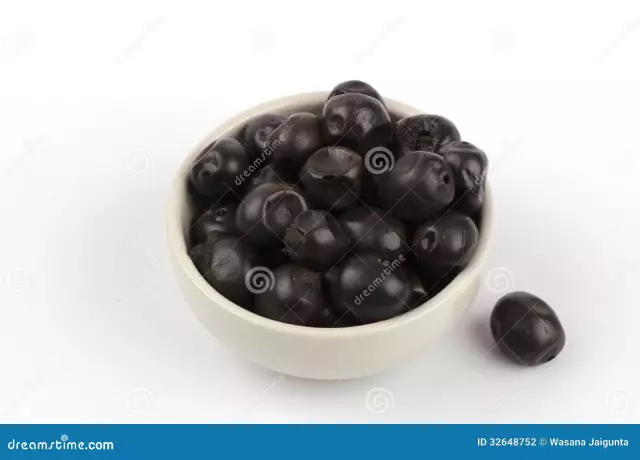- Author Rachel Wainwright wainwright@abchealthonline.com.
- Public 2023-12-15 07:39.
- Last modified 2025-11-02 20:14.
Melon
Melon is a melon crop, a plant of the Pumpkin family, a species of the genus Cucumber. Its homeland is the East Indies and Africa.
The ratio of BJU in the product

Source: depositphotos.com How to burn 34 kcal?
| Walking | 9 minutes |
| Jogging | 4 minutes |
| Swimming | 3 min. |
| A bike | 5 minutes. |
| Aerobics | 7 minutes |
| Household chores | 11 minutes |
Melon health benefits
The benefits of melon are in its composition. It contains fiber, potassium, vitamins PP, B, C, carotene, phosphorus, copper, silicon, magnesium, calcium, organic acids, carbohydrates.
Silicon has a beneficial effect on the condition of hair and skin, magnesium is useful for blood supply and heart muscle, vitamin C stimulates immunity, supports the nervous system, carotene improves complexion and vision.
Thanks to folic acid, the following beneficial properties of melon are manifested: it improves mood, increases emotional balance, and helps with menstrual irregularities.
The calorie content of a melon is 33 kcal per 100 g of pulp.
Melon application
It is recommended to consume melon regularly for atherosclerosis, exhaustion, liver diseases, kidney stones, bladder.
Melon pulp is well absorbed, stimulates intestinal function, helps with various digestive disorders.
The use of this fruit reduces the toxicity of antibiotics, therefore, to prevent their harm, the melon is recommended for those who are undergoing prolonged antibiotic therapy.
It is advised to eat melon for pregnant women - for the prevention of constipation, hemorrhoids, treatment of anemia.
Melon juice, mixed with a decoction of parsley, helps with urolithiasis, and in its pure form - with a cold and infection with worms. To expel parasites, it is recommended to drink one glass of melon juice in the morning on an empty stomach. This remedy is especially useful for children - the juice is pleasant to the taste, harmless and rich in vitamins.
The beneficial properties of melon are also manifested when applied externally. A chest compress from the pulp of the fetus improves the condition in case of an asthmatic attack, bronchitis, pneumonia. Also, the pulp and melon peel can be applied to bruises, sores on the skin - this way they will pass faster.
Melon peel is beneficial due to the chlorophyll it contains. It is recommended to use a clean and chopped peel or thoroughly eat away the pulp - to the very crust.
Due to its low calorie content, melon is successfully used for weight loss. Melon diet is designed for a month. For breakfast, it is supposed to eat 300 g of melons, lunch can be prepared from ordinary products, excluding only sweets and flour products (it is recommended to have lunch only three hours after breakfast). For dinner, again, you need to limit yourself to melon, you cannot eat or drink it. Thanks to its beneficial properties, melon helps not only lose 6-8kg per month, but also cleanse the intestines.
A melon bath helps to relieve an allergy attack: a glass of melon juice is poured into warm water heated to 37 ° C, melon peel or pieces of fruit are dipped.
The benefits of melon are not only in the pulp or skin, but also in its seeds. Dried and crushed melon seeds are effective in poor potency. To treat this ailment, it is recommended to take 1 teaspoon of melon seed powder three times a day.
Infusion of melon seeds can be used as a diuretic. To prepare the infusion, a spoonful of seeds is poured with a glass of boiling water, kept warm for three hours. The infusion should be taken 5 times a day, 100 ml.
The benefits of melon are also known in cosmetology. It is noted that melon masks tone and nourish the skin on the face and lips. After a month of constant use of melon pulp as masks, the appearance of the skin is noticeably improved, its elasticity increases.

Contraindications
Despite its low calorie content, melon is not recommended for diabetes mellitus - it is not fully understood how the sugar and carbohydrates contained in it affect blood sugar. Melon can cause tangible harm to those who have a gastrointestinal ulcer.
Can't combine melon and alcohol, sour milk and cold water. It is undesirable to consume it immediately after a meal. To avoid harm, it is advisable to eat the melon between meals during the day.
YouTube video related to the article:
Found a mistake in the text? Select it and press Ctrl + Enter.






